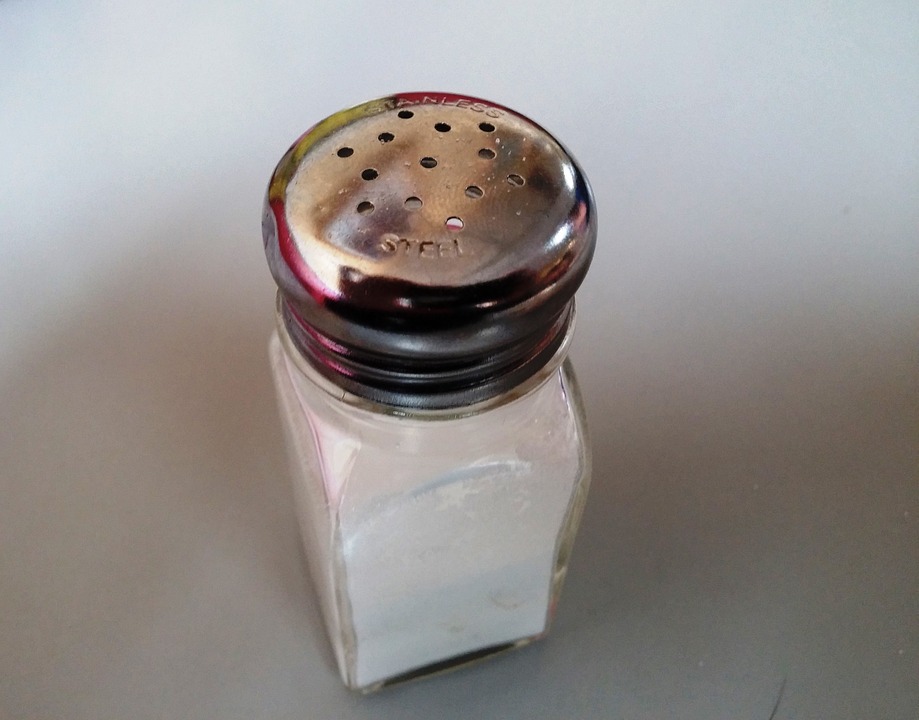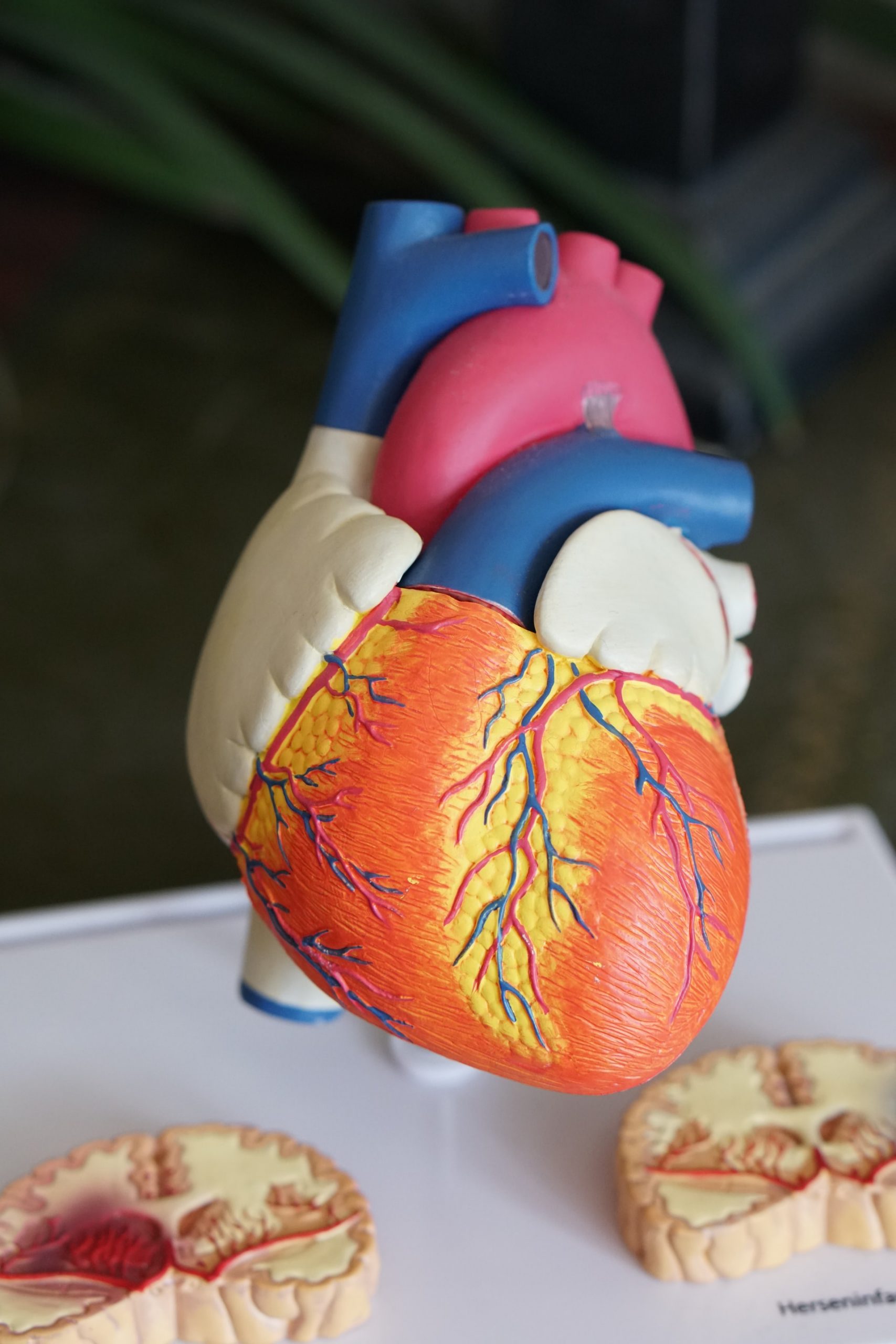Many men develop a workout regimen that targets various parts of the body – legs, arms, abs – starting with low weight and repetitions and gradually easing their way up to higher ones. This works wonders for addressing one aspect of a healthy lifestyle: muscle-building exercise. But what about healthy eating??
It turns out your body can be trained in a very similar manner to improve your eating habits, including conquering a big culprit for most Americans: eating too much salt. As you gradually lower your sodium intake, your taste buds will begin to lean toward a preference for more natural foods and away from salty options. Why does salt intake matter? While sodium is essential to help control blood pressure and balance bodily fluids, most American men eat nearly twice the recommended amount of 2,300 mg of sodium (just a single teaspoon of salt) per day, putting them at risk for high blood pressure, heart disease, stroke, diabetes, and chronic kidney disease (CKD). Once a chronic condition such as CKD develops, monitoring sodium intake becomes even more important, as men with CKD are 50 percent more likely than women to develop kidney failure requiring a transplant or dialysis treatment. It’s your body, and no one is going to take care of it but you!
So what does this training plan look like? Start with small “sets” and “reps” to rehab your taste buds, and work your way up to bigger ones to build toward a healthy, tasty low-salt diet:
- Cook your own meals at home. Most salt comes from processed or commercially prepared foods, so avoiding these is a great first step. Use fresh herbs and spices for flavor, such as garlic, pepper, and lemon or lime juice, rather than sauces and prepackaged seasonings. Start small: Find one salt-free or low sodium recipe to try one night this week – you can find a bunch of tasty recipes here. Next week, try another.
- Prepare your food – including snacks – in advance. Most people lead busy lives, and when they come home from work the last thing they feel like doing is cooking. If you already have healthy snacks and dinner options on hand, you’re less likely to reach for a bag of chips or a frozen pizza. Start small: Set aside an hour this week to prepare one low sodium snack you can enjoy for several days. You’ll find tons of easy low-sodium snack recipes online for satisfying treats like Kale Chips, spiced popcorn and trail mix. Once you’ve nailed snack preparation, start making and storing meals.
- Plan your grocery shopping (and go on a full stomach!). Avoid grocery shopping when hungry and use a list to prevent impulse buying. Choose fresh meats, fruits, and vegetables instead of canned or processed alternatives. Shop the “perimeter” (where most fresh produce and bulk grains are found) rather than the aisles, which often house items high in sodium – prepackaged or flavored rice, pasta and cereal mixes, frozen pizzas and dinners, and canned soups or broths. Limit or avoid bottled sauces and salad dressings, and choose salt-free versions of your favorite snacks. Start small: Next time you go grocery shopping, make a list and identify one or two fresh foods you can substitute for pre-made or canned goods.
- Read food labels. Look not just for the amount of sodium per serving (140 mg or less is considered “low sodium”), but also for key phrases such as “reduced sodium” or “no salt added.” Start small: Compare a few different kinds of the same item and buy the one with the lowest sodium content.
- Limit salt intake when eating out. At restaurants, try to choose healthier alternatives to your usual fare and ask for them to be made without added salt. If the portions are large, request that your meal be split in half, and put half in a to-go box ahead of time. Start small: Next time you’re out with friends, substitute one high-salt item like French Fries with a potato, salad, or veggies – or skip the salt-rim on that margarita!
Photo credit: pixabay.com




